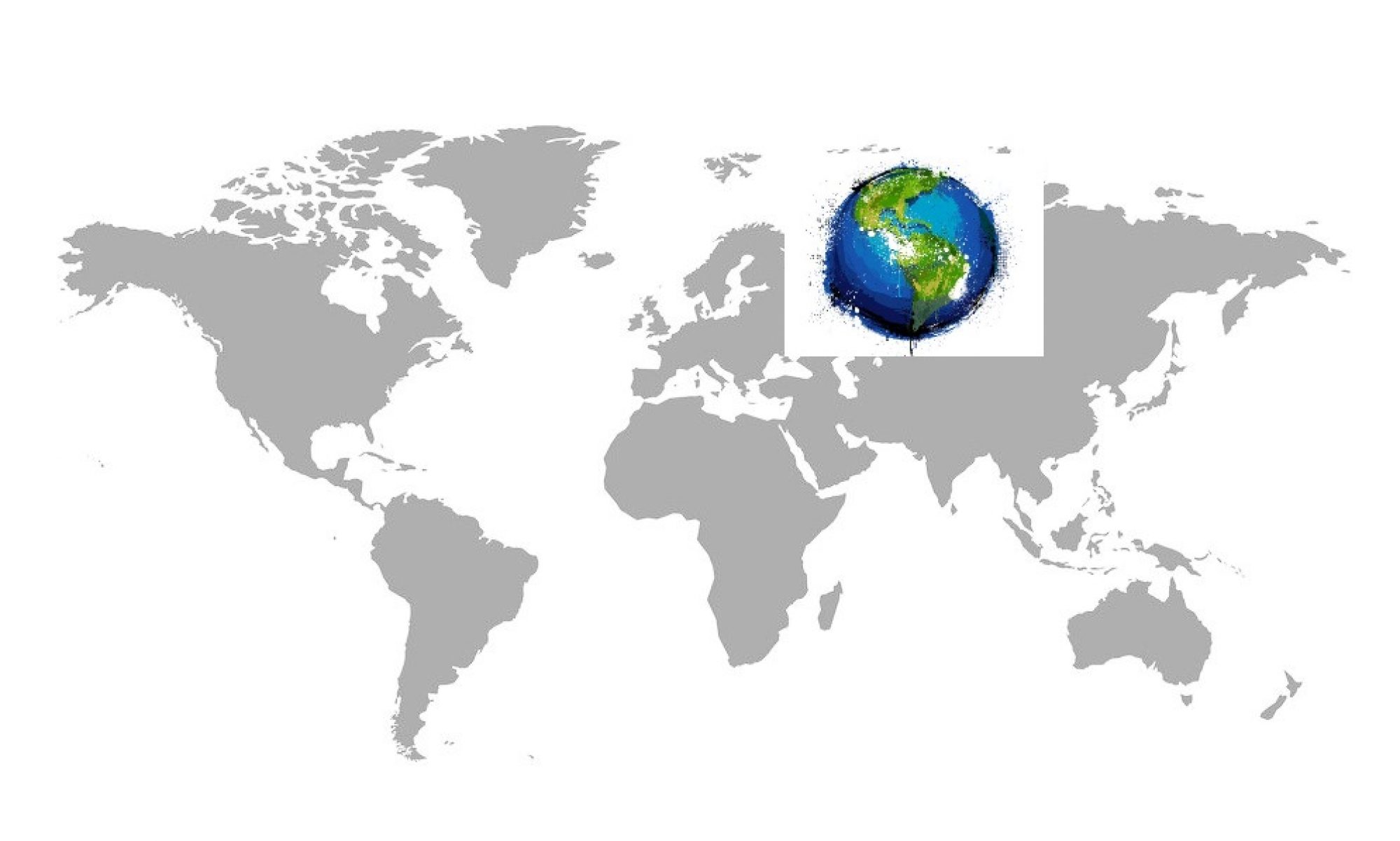We all, at times, experience a sense of detachment from people, from matters important to us, and sometimes, from life itself. As if we are not really in control. We all experience shame and guilt. And deep inside, we hunger for meaning in life and sometimes even wonder about the possibility of life after death. We find ourselves with a sense of alienation from a God that we might not even believe exists, but guilt feelings are real. We feel we are not in the best place we could hope to be and have a constant and deep yearning for something better somewhere out there.
Why would this discontent be, why these feelings of alienation that dwell in the human heart, if we only consist of matter and nothing but a product of blind evolutionary processes? Why can’t we just live and enjoy what is at hand and find happiness in this life, find true contentment? Or could it be that a developmental process was at play, at least as a possibility, a process that guided human development for a higher purpose? That the human heart was created for meaning rather than for happiness?
We find ourselves in a natural world that communicates to us and is filled with the splendor of great beauty, of astounding order in nature, of perfect scientific laws, a cosmos filled with mathematical rationality. All these that epitomize our universe. Why is there not simply chaos around us if the only reality that exists is that of no purpose, no plan, no design? If it is only a fact of matter, energy, and pure chance? The universe a mere product of blind unguided processes?
The existence of objective moral values, the sense of right and wrong, is impossible to explain lest there is a perfect standard outside of us to compare it to. C.S. Lewis ‘A man does not call a line crooked unless he has some idea of a straight line.’ Relativism, subjective moral values, that is, ‘what is true for you is not necessarily true for me’ is the logical and necessary consequence of a materialistic worldview, a view that nothing but matter exists. A view that implicates that there is no standard outside of us. But this is not tenable. Hitler thought his actions with the Holocaust were perfectly justified. What would have made his thoughts and actions crooked if there was no objective Straight Line to measure his actions to. Materialism fails to explain the deep sense of universal objective right and wrong. Even if you might argue that a culture or society determines its own moral values. If a religious movement believes and accepts that female circumcision is justifiable and the proper thing to do in their society, does that make it right?
Why does the universe exist at all? Why is there something rather than nothing? Where did it come from? Why am I here? Life’s deepest questions.
If the universe had no beginning, always existed, coming to the present moment would require crossing an infinite number of actual earlier moments and it would be impossible to reach the present moment. But the present moment is here, therefore the universe had a beginning.
Observation of our universe teaches us that 1. whatever begins to exist has a cause (there are no known exceptions). We argued that 2. the universe began to exist, had a beginning. This also confirmed scientifically – a beginning 13.772 ± 0.040 billion years ago, the Universe Singularity. The necessary conclusion that follows from 1. and 2. is that 3. the universe has a cause. (The Kalam cosmological argument).
What could the most plausible cause be for the existence of the universe with its astonishing beauty, inbuilt order, elegant scientific laws, exquisite and exact fine-tuning that makes life possible, the existence of mathematical and human rationality, of objective morality? Could the cause be a senseless reality caused by random chance with no purpose, just a brute fact? Can this ever be a reasonable and satisfactory conclusion? (even if a multiverse is postulated, that has no scientific grounds as an argument but a mere attempt to escape God, would still need an explanation of how it all started).
Logically, a much more plausible cause for the existence of the universe would be an uncaused cause, a cause outside of the universe with its matter and the time-space continuum that came into existence at the universe singularity event (Big Bang). An uncaused cause that existed before and outside the existence of matter, time, and space. A Cause that is immaterial, timeless, spaceless, enormously powerful, with intelligence beyond comprehension and with a personal will that, by volition would use the power of His will to bring a universe into existence.
‘In the beginning God created the heaven and the earth’ Genesis 1:1. As scientific evidence became stronger and stronger over the last 100 years it was realized and accepted as fact that the universe indeed had a beginning and did not exist from the ‘eternal past’.
The Judeo-Christian concept of God has always been that He is an everlasting (timeless and omnipresent) God, all-powerful (omnipotent), all-knowing (omniscient), an unseen Spirit (immaterial and spaceless), and a personal God with a free will. A God who would create the universe with so much beauty for His pleasure and a desire to share this pleasure with His created beings, with humans created in His image. Genesis 1:26. Beauty is a mental awareness and can only exist if a conscious mind exits that can perceive it. A Mind, God, that created beauty for His created beings, for human minds.
God. The most plausible cause for the existence of the universe, for our very existence.
“If we find ourselves with a desire that nothing in this world can satisfy, the most probable explanation is that we were made for another world.” ― C.S. Lewis
This blog on YouTube
Time to Think – future topics
- Why Life without God is Untenable
- The Problem of Evil
- Can we Trust the Bible
- Evidence for the Resurrection
- Other Religions
- What about those who never heard about Christ?
- Darwinism
- Defense of the Soul

